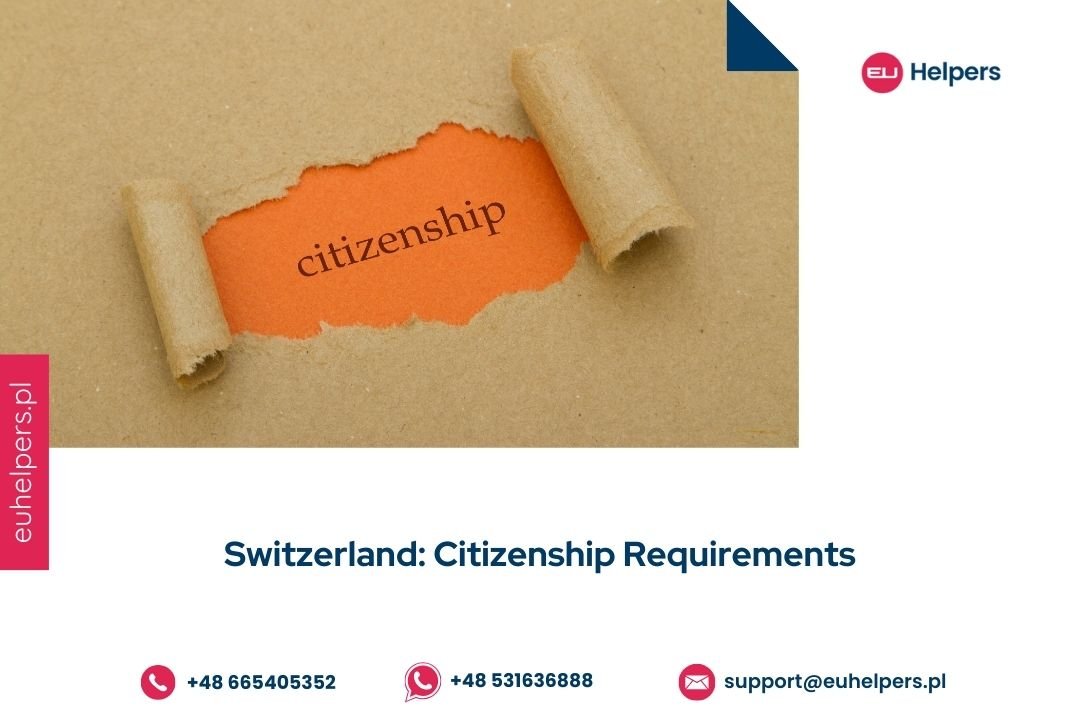Switzerland, consistently ranked as one of the happiest countries in the world, offers a high quality of life and a stable environment. However, obtaining Swiss citizenship is a lengthy and complex process, making it one of the most demanding in Europe.
To qualify for Swiss citizenship through naturalization, individuals must meet a minimum residence requirement of 10 years. This duration is among the longest in Europe and is only the first step in a rigorous process. Applicants are also required to demonstrate integration into Swiss society, including proficiency in one of the country’s four national languages—German, French, Italian, or Romansh. Specifically, applicants must achieve a B2 level in speaking and an A2 level in writing.
The naturalization process is multi-layered, requiring approval at three levels: the federal government (confederation), the canton, and the commune. Each canton and commune is allowed to set additional criteria, further complicating the process and tailoring it to regional and local expectations.
Despite these challenges, the prospect of becoming a Swiss citizen remains appealing for many, offering access to a robust economy, excellent public services, and a culturally rich environment. For those willing to navigate the complexities, Swiss citizenship promises membership in one of the world’s most admired nations.

